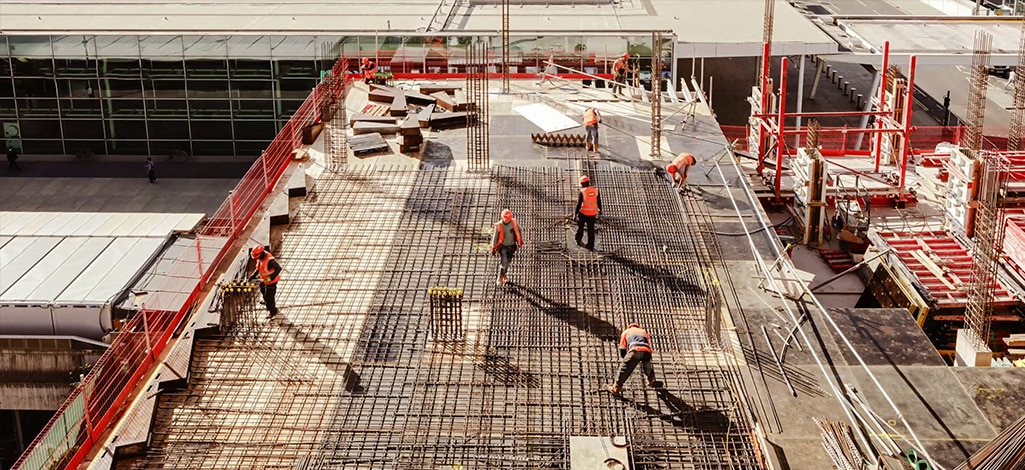To the frustration of many in British Columbia’s construction industry, the road to B.C.’s implementation of prompt payment legislation continues without a clear destination in sight.
In August of 2022, the Ministry of the Attorney General established an industry task force to facilitate the drafting process and obtain the input of relevant experts. However, despite indications that the Attorney General planned to table such legislation in the fall of 2022, we are now well into spring of 2023 with no sign of its imminent arrival in the legislature. This comes after a previously tabled piece of prompt payment legislation failed to pass first reading in 2019.
However, progress is being made in respect of prompt payment legislation at the federal level. The Federal Prompt Payment for Construction Work Act, S.C. 2019, c. 29, s. 387 [the Act], received royal assent on June 21, 2019, but has yet to come into force. When it does come into force, the Act will apply to payment of contractors and subcontractors performing construction work on federal construction projects in British Columbia until the province’s own legislation is in force.
Two proposed regulations under the Act were published in the Canada Gazette in February of this year, setting out the regulatory schemes pertaining to dispute resolution and “Criteria, Time Limits, Interest and Circumstances”, respectively. With these regulations, the specific operation of the Act has come more clearly into focus and will broadly follow the operation of existing provincial prompt payment legislation in force in Ontario, Saskatchewan, and Alberta. We set out key elements of these provincial prompt payment schemes in a previous blog post.
Important components of the Act and regulations are as follows:
- Payment Timeline: Under the Act and the proposed regulations, payment from the federal government will be due 28 days following the government’s receipt of a “proper invoice” (as defined in the regulations) from a contractor. As with the prompt payment legislation enacted by Ontario, Saskatchewan, and Alberta, this is followed by cascading payment timelines under which the contractor must pay their subcontractors within 7 days, who then in turn must pay their sub-sub-contractors within 7 days, and so on. If a particular payment is only made in part, it is to be distributed rateably among the subcontractors.
- Interest: Interest begins to accrue on unpaid amounts after either the expiration of the legislated payment period or at an earlier date defined in the relevant contract. The applicable rate is the higher of (i) the average bank rate plus 3% per year and (ii) the rate set out in the contract.
- Non-payment: The federal government, contractors, and subcontractors may decline to pay for some or all of certain construction work if they provide a notice of non-payment no less than one week prior to the payment deadline. Amounts subject to a notice of non-payment are not subject to accrual of interest unless: (i) the reason for the non-payment is a lack of funds, or (ii) an adjudicator orders the amount paid.
- Dispute Resolution: Parties may refer disputes to adjudication carried out by adjudicators qualified by the Minister. The determinations of the adjudicator are binding. A right of judicial review is established by the Federal Courts Act.
- Interaction with Provincial Legislation: The Act will have no application in provinces with legislation designated under the Act as sufficiently similar. In order to obtain designation, the relevant provincial legislation must set out similar payment timelines, define “proper invoice” in a similar manner, set out a similar scheme regarding notice of non-payment, and provide for binding adjudication. In its online publication accompanying the proposed regulations, the federal government indicates that the existing legislation in Alberta, Saskatchewan, and Ontario meet these criteria.
Unlike existing provincial prompt payment legislation, when the Act enters into force it will not grandfather existing contracts. Rather, the transitional provision of the Act states that it will not apply for one year to contracts formed prior to its coming into force. At the conclusion of that year, the Act will apply to all existing contracts in respect of federal construction projects. It remains to be seen whether this sudden change in payment requirements mid-performance will prove troublesome for some parties.
Conclusion
Despite indications last year that prompt payment legislation may soon be tabled in British Columbia, such legislation has yet to make its way before the legislature. However, the publication of proposed regulations under federal prompt payment legislation indicate that federal construction projects in British Columbia may soon be subject to prompt payment timelines and penalties. We will continue to watch how the development and operation of prompt payment legislation unfolds across the country.
If you have any questions about the article, please contact a member of our Construction + Engineering Practice Group.


